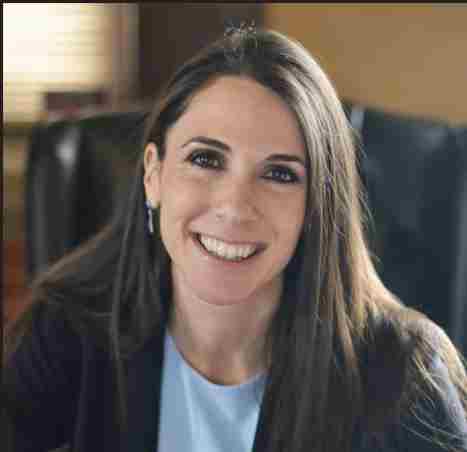By: Massachusetts State Auditor Diana DiZoglio
6-24
Hello Valley Patriot readers,
 During the darkest days of 2020, when the economy was freefalling and we were all learning to stay healthy, Congress passed the CARES Act to provide measured relief.
During the darkest days of 2020, when the economy was freefalling and we were all learning to stay healthy, Congress passed the CARES Act to provide measured relief.
The Coronavirus Aid, Relief, and Economic Security Act (CARES Act) distributed these emergency funds to each state for distribution to the areas unique to each community. Massachusetts received more the $2.7 billion from the Coronavirus Relief Fund (CvRF).
These funds provided emergency relief for individuals, businesses, and municipalities facing unexpected budget shortfalls and other economic deficits.
The Commonwealth of Massachusetts created the Federal Funds Office (FFO) and charged it with monitoring the use of the CvRF funds by cities and towns to ensure proper spending. The FFO is a division of the Executive Office for Administration and Finance (A&F), charged with developing and executing cost-effective public policy initiatives and services to ensure the financial stability, efficiency, and effectiveness of state and local government. With 351 cities and towns to account for, the FFO’s work is essential to prevent and mitigate potential fraud.
During the recently completed, constitutionally required audit of A&F, the Office of the State Auditor examined the FFO’s implementation of necessary review processes and whether the office maintained a current list of vendors prohibited from receiving state contracts, in accordance with Section 29F (b) of Chapter 29 of the Massachusetts General Laws. The audit uncovered distressing findings regarding documentation, monitoring, and follow up practices.
During the period July 1, 2020 through April 30, 2022, the FFO did not collect necessary supporting documentation during its desk review process. Specifically, for one of the 35 desk reviews in our sample, FFO could not provide us with evidence that the expenditure was incurred during the period March 1, 2020 through December 31, 2021. If FFO does not collect all necessary supporting documentation, then it cannot ensure that it reviews each CvRF Municipal Program expenditure for compliance with the Coronavirus Aid, Relief, and Economic Security Act.
This could then lead the federal government to recoup funds received through the CvRF. We also determined that while the FFO relayed all reports of waste, fraud, and abuse to the proper agencies, they did not conduct thorough follow-ups to ensure municipalities understood the findings and implemented recommendations such as enhanced policies and procedures. We recommend that the FFO meet with municipalities with desk review findings to evaluate the remediation steps. It is also advised that the FFO develop and document guidelines for conducting meetings with any municipality that had desk review findings.
Additionally, A&F did not maintain a complete list of vendors who have been barred from receiving state contracts. Currently, A&F relies on the Division of Capital Asset Management and Maintenance to maintain a list of debarred vendors and provide links to other debarred entity lists on its website. According to Section 29F(b) of Chapter 29 of the General Laws, A&F must establish and maintain its own consolidated list including the extent of debarment restrictions, cases involving suspensions, or hearing dates. Without complete information, state agencies have a higher-than-acceptable risk of hiring debarred contractors.
We urge A&F to move quickly to address our concerns and will follow up as part of our post-audit review.
Confidence in government can be improved when we demonstrate the effectiveness of detecting and preventing fraud. It is imperative that A&F establish policies and procedures in order to sufficiently track all federal funding and maintain a consolidated list of debarred contractors to help ensure accountability for state agencies and taxpayers.
As always, if you have any questions or would like to share your story, please feel free to contact my office via email at Auditor@MassAuditor.gov or by phone at (617) 727-2075. And if you’re ever in the State House, I hope you’ll stop by and visit our team in room 230!
Yours in service,
Diana ◊
